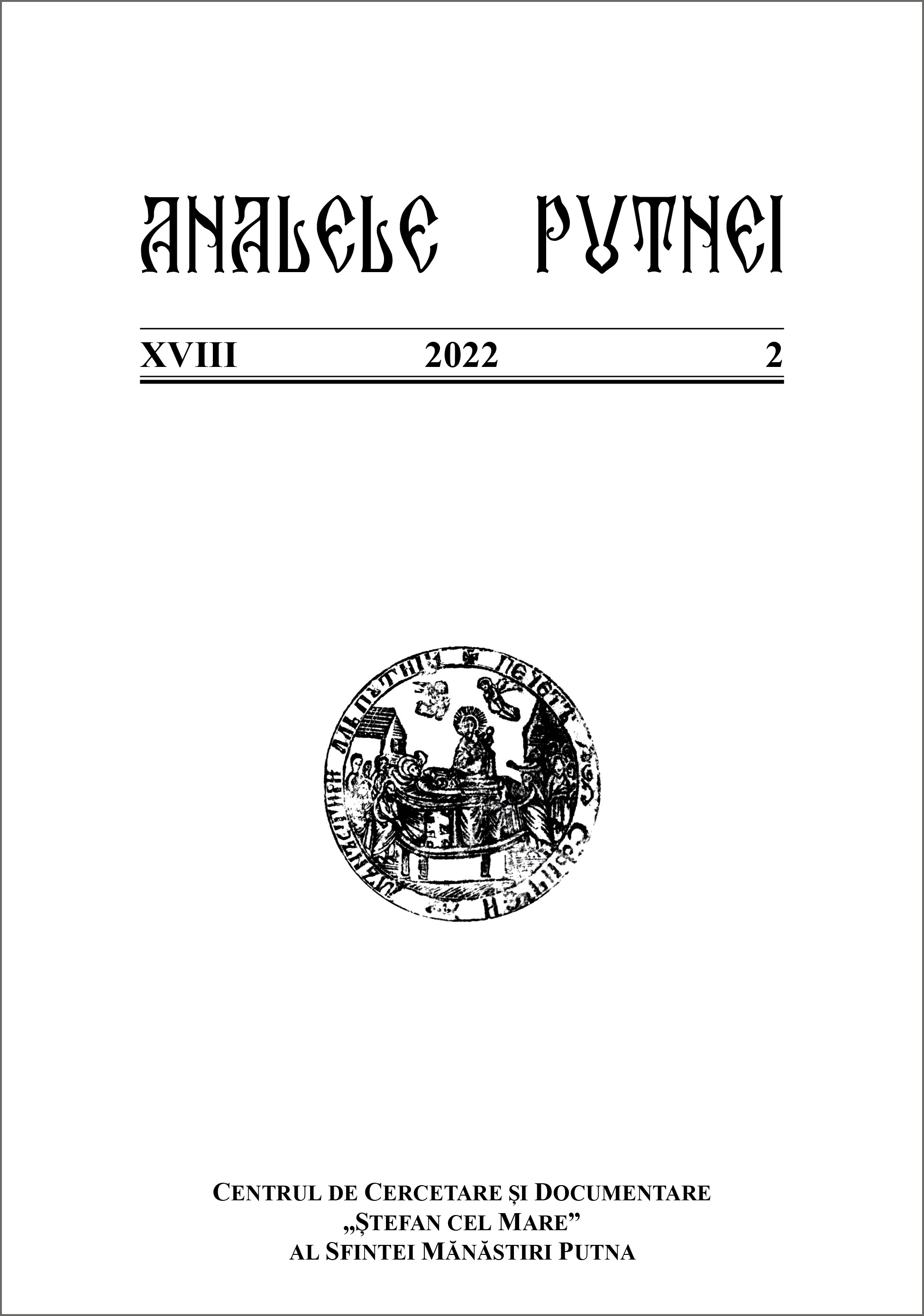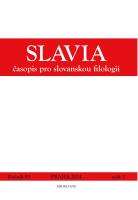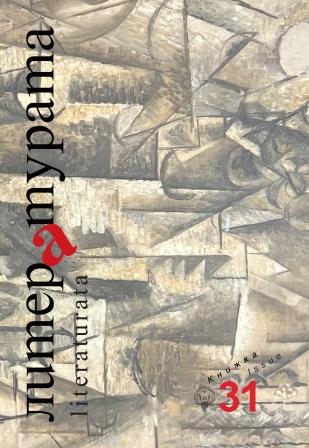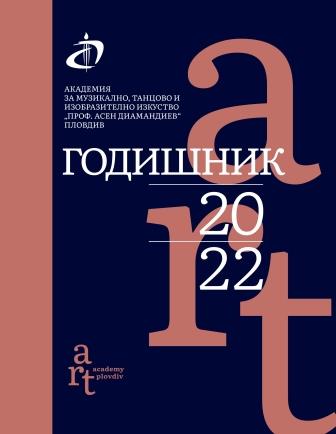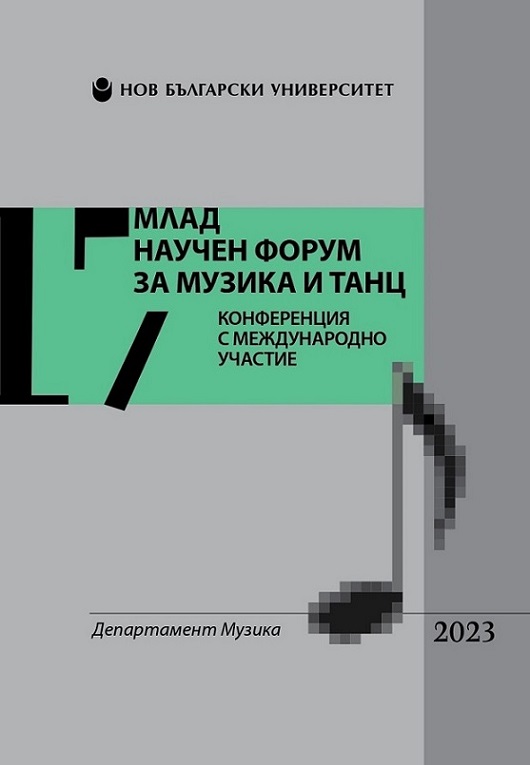
Аргументи относно подбора на музикални теми за груповите кардио-тренировки в часовете по спорт в Нов български университет
The study was carried out in the period 2017-2022 among the first-year students attending the Aerobics discipline at New Bulgarian University (NBU). A quantitative evaluation (based on visual measurements) was carried out by the teacher during the classes according to the following criteria: changes in the quality (purity) of the performed exercises, changes in the volume of repetitions, changes in motivation in different musical schemes where the tempo is decisive. The main arguments for the selection of musical themes for cardio training in physical education classes at NBU are: selection of a playlist with an optimal overall tempo for the whole class (moderate – medium moderate – fast – medium moderate – slow), emphasis on more melodic songs; selection of current hits with a preference for the „Latin“ style, selection of songs and melodies with a strong associative context, i.e. works related to the personal experience of the participant.
More...
